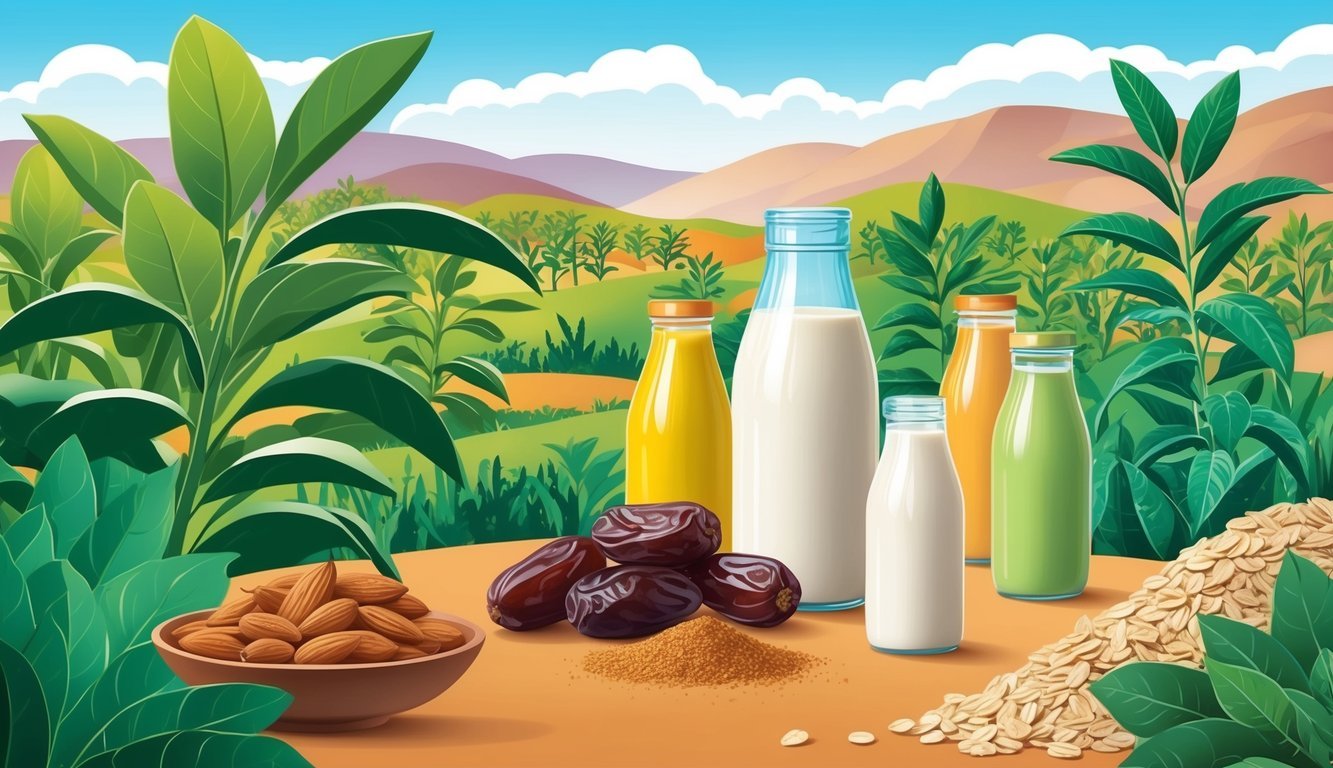
In an exciting development for the Moroccan agribusiness landscape, Jaouda has launched Nabatlé, an innovative brand that introduces plant-based milk alternatives to the market. This is hailed as a pioneering effort in Morocco, as Nabatlé offers a range of delicious options: oat, almond, and coconut. Each flavor stands out as it is enriched with calcium and is free from gluten, lactose, added sugars, and preservatives.
Commitment to Sustainability
Jaouda’s commitment to sustainability is at the heart of this initiative. They emphasize Morocco’s potential to produce exceptional products by leveraging local resources. To further their mission, Jaouda plans to roll out an educational campaign aimed at raising awareness among Moroccan consumers about the benefits of plant-based milk. Their goal is to encourage people to see these alternatives not as a passing fad but as a legitimate replacement for traditional dairy products.
Market Potential
While Morocco’s market for plant-based milk is still emerging, forecasts suggest it could reach a value of around $7.12 million by 2025. Furthermore, this sector is expected to grow at a robust annual rate of 17.84%. In contrast, the global market for milk alternatives is projected to soar to nearly $51.87 billion by 2032. This surge can be attributed to rising consumer consciousness about lactose intolerance and the growing emphasis on sustainability.
National Pride and Local Innovation
Jaouda doesn’t just see Nabatlé as another choice in the milk aisle; it represents a source of national pride, reflecting the values and capabilities of Moroccan agriculture. This initiative not only meets the demand for healthier options but also tells a story of local innovation and environmental stewardship, encouraging consumers to embrace a more sustainable lifestyle.
Source: Vegconomist

